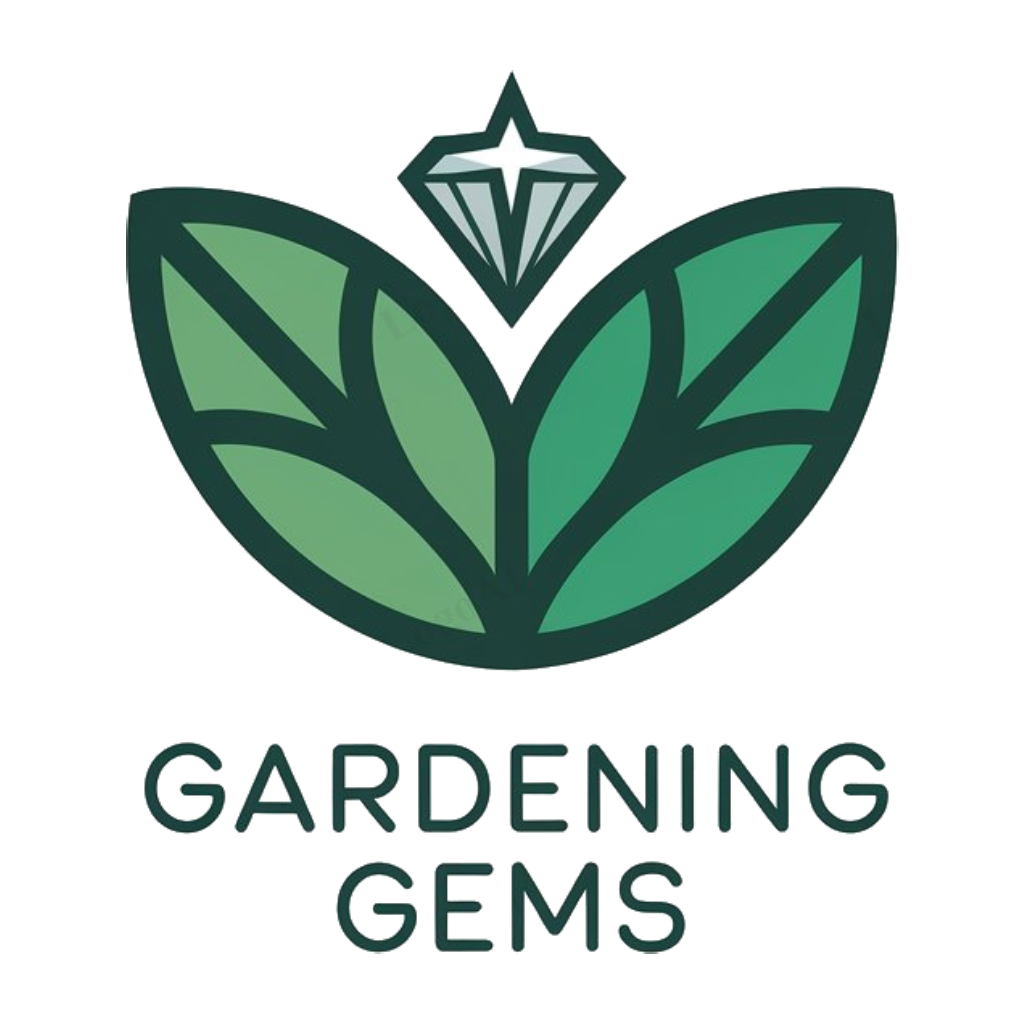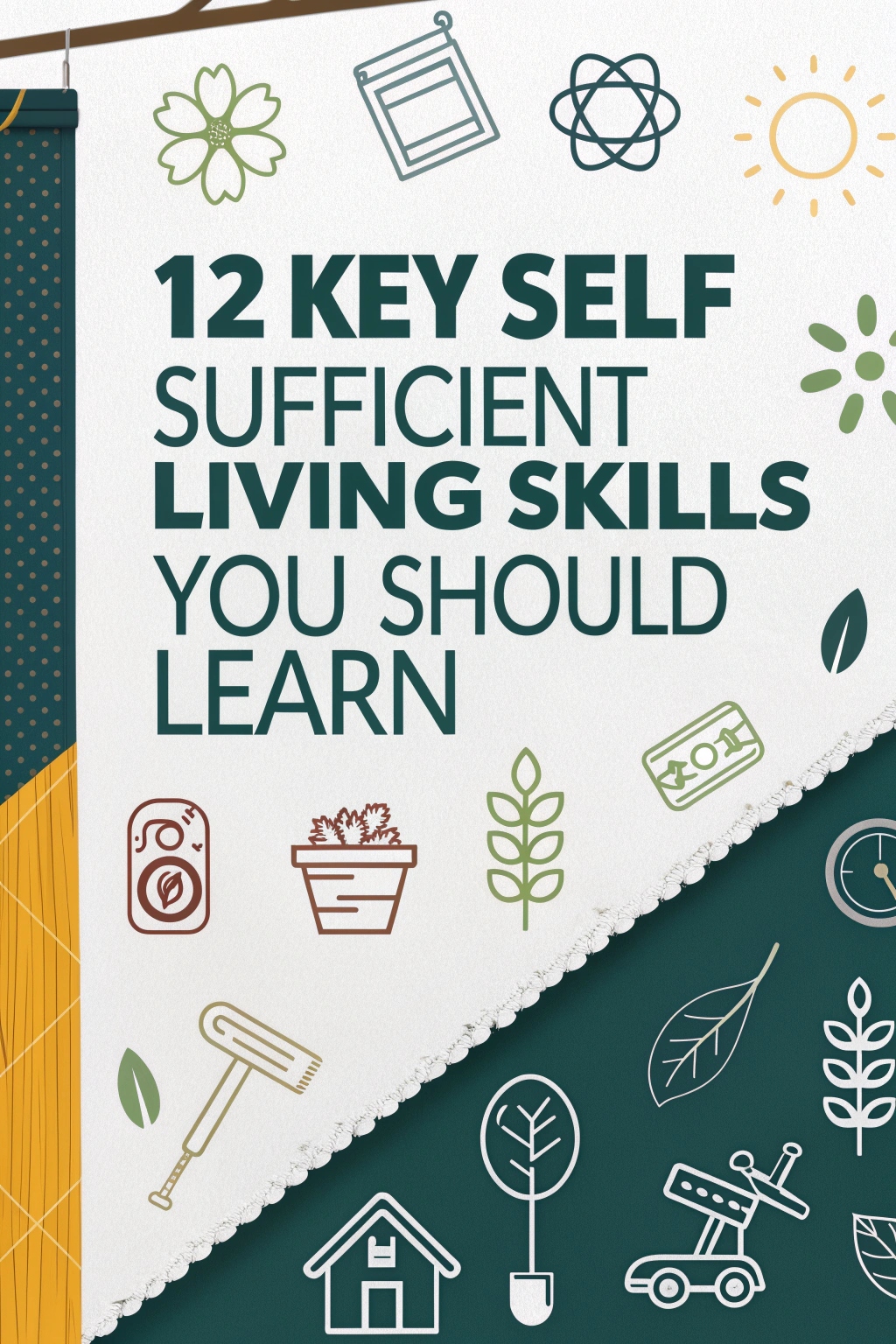Living a self-sufficient life is exciting and rewarding. You’ll need to learn new skills like growing your own food, collecting rainwater, and taking care of yourself without relying on others. This way of life can be very fulfilling and fun.
Imagine being able to eat food from your own garden and drink fresh rainwater every day. You can achieve independence and live a happy life with a little practice and patience. Start learning these key skills today and take the first step towards a self-sufficient lifestyle.
Growing Your Own Food

Growing your own food involves cultivating fruits, vegetables, and herbs, providing a sustainable source of nutrition. This requires knowledge of soil preparation, crop selection, and irrigation methods. By growing your own food, you can control the use of pesticides and fertilizers, ensuring a healthier diet and reduced reliance on industrial agriculture.
Collecting And Conserving Rainwater
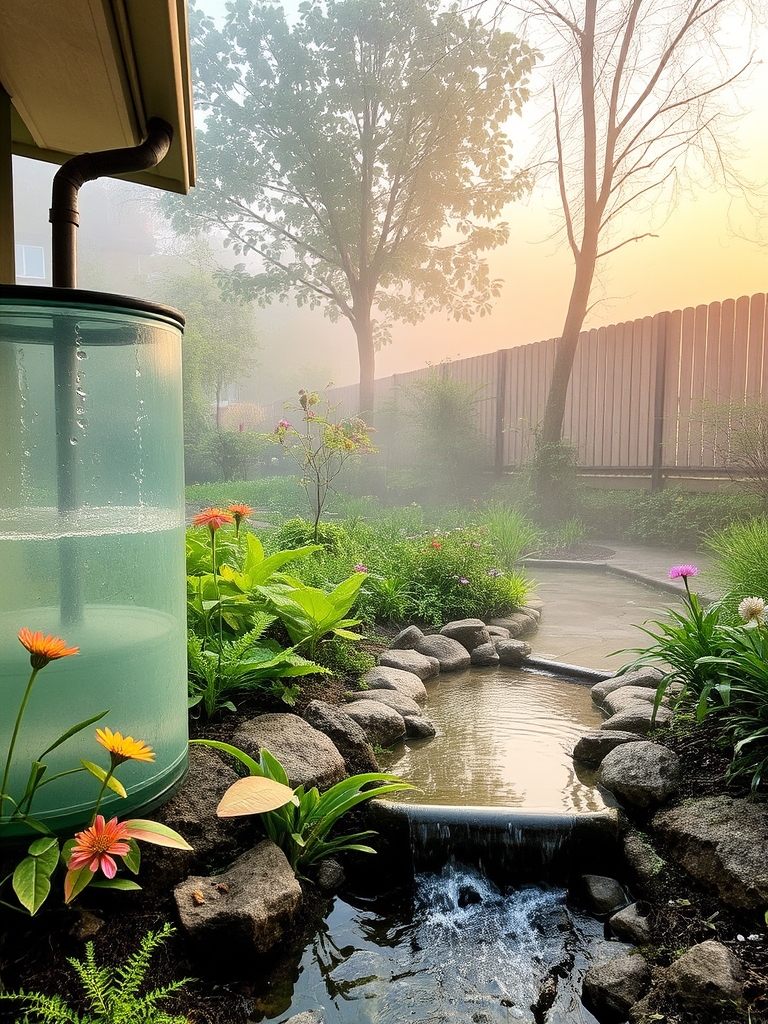
Collecting and conserving rainwater involves harvesting and storing rain for non-potable uses, reducing water bills and relieving pressure on municipal supplies. Techniques include installing rain barrels, cisterns, and grey water systems to collect and filter rainwater for irrigation, toilet flushing, and other purposes, promoting water efficiency and sustainability.
Building A Solar Panel System
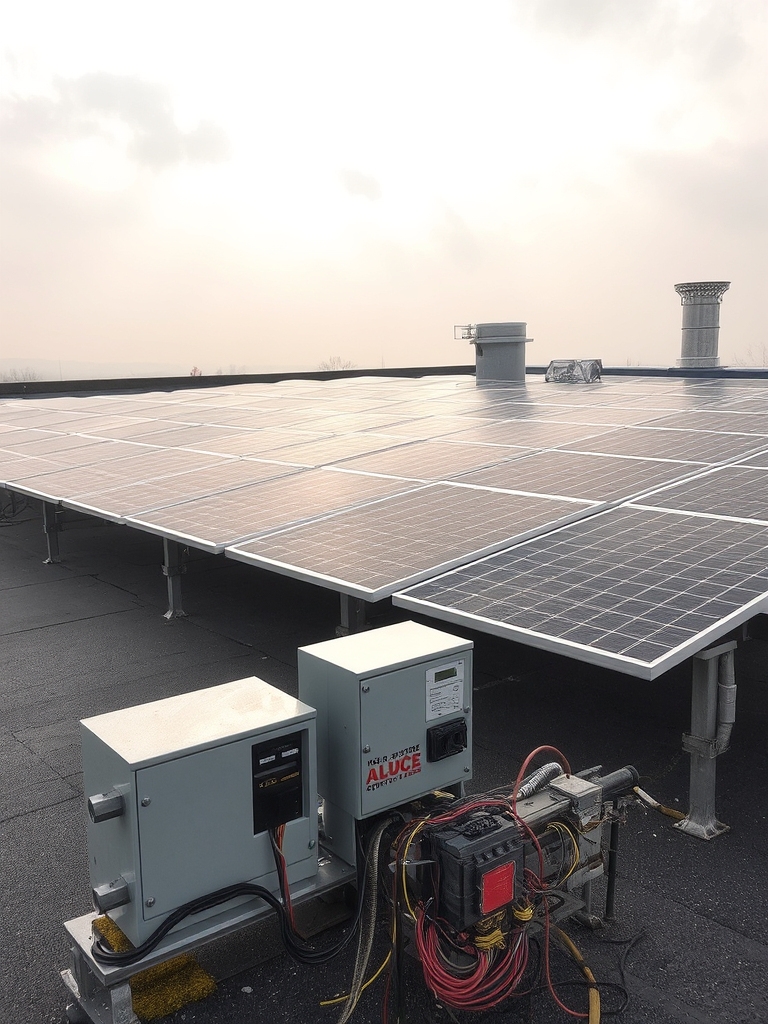
Building a solar panel system involves designing and installing a photovoltaic array to generate electricity from sunlight. This includes selecting suitable panels, mounting hardware, and charge controllers to create a functional and efficient system for powering homes and devices, reducing reliance on non-renewable energy sources. Proper installation and maintenance are vital for peak performance.
Creating A Backyard Chicken Coop
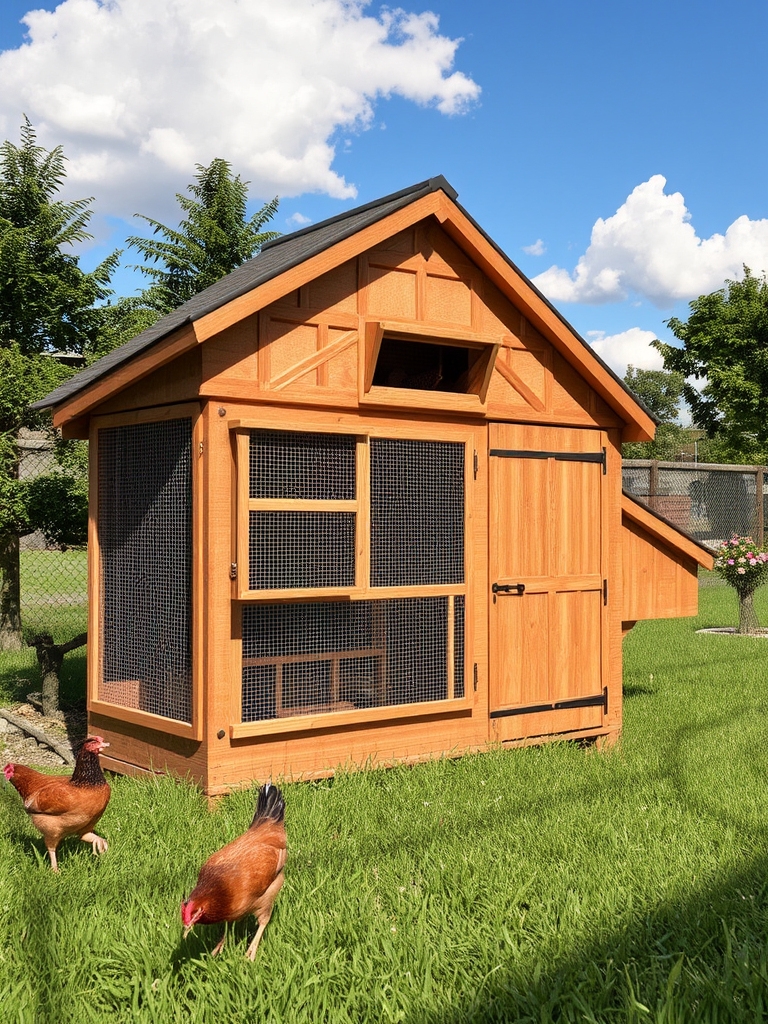
Building a backyard chicken coop requires careful planning and consideration of factors like space, ventilation, and predator protection. A well-designed coop should provide a safe and healthy environment for chickens, with enough room for roaming, nesting, and roosting, and be easily accessible for maintenance and egg collection.
Making Your Own Cleaning Products

Making your own cleaning products is a key aspect of self-sufficient living, allowing you to avoid harsh chemicals and save money. With simple ingredients like baking soda, vinegar, and essential oils, you can create effective and eco-friendly cleaners for your home, promoting a healthier and more sustainable lifestyle. This approach also reduces waste and supports a more independent way of living.
Preserving Food For The Long Term

Preserving food for the long term involves various techniques like canning, freezing, and dehydrating to maintain nutritional value and freshness. These methods allow individuals to store food for extended periods, ensuring a steady supply during emergencies or off-seasons, and enabling self-sufficient living. Proper preservation methods are essential for food safety and quality.
Building A Root Cellar

Building a root cellar involves designing and constructing a cool, dark space to store fruits, vegetables, and other foods. This underground or partially underground structure maintains a consistent temperature and humidity level, allowing for year-round storage of perishable items and reducing reliance on refrigeration, a key aspect of self-sufficient living. Proper ventilation and insulation are vital.
Starting A Composting Program
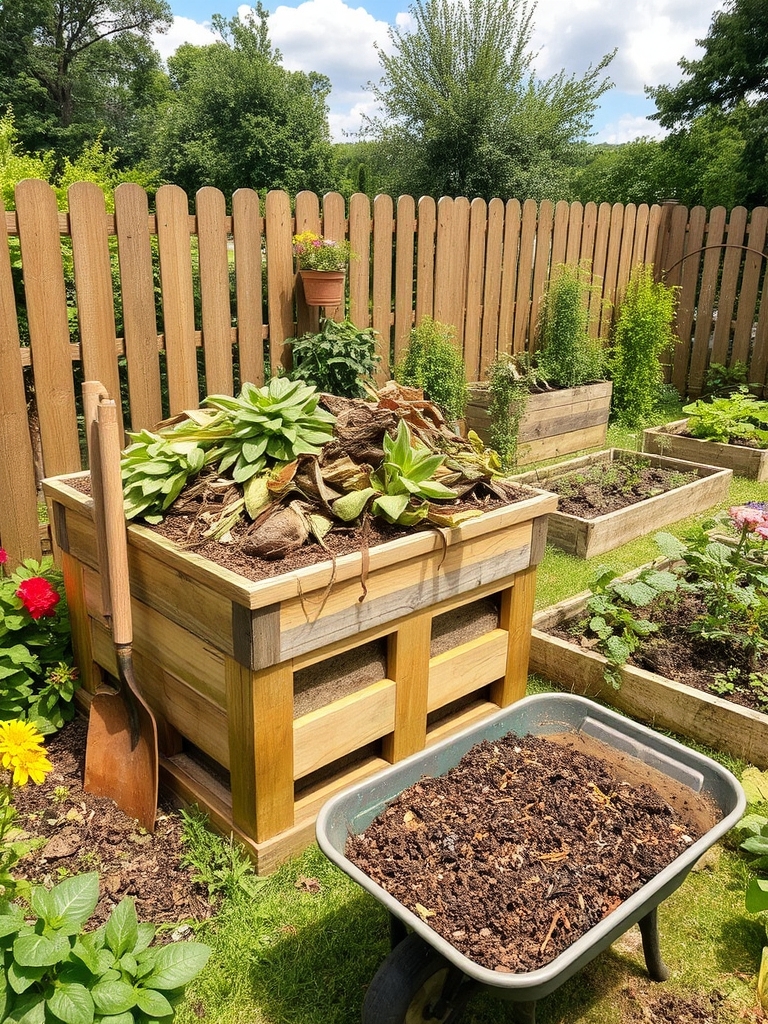
Starting a composting program involves collecting organic waste, such as food scraps and yard trimmings, and creating a nutrient-rich soil amendment. This process reduces landfill waste and creates a sustainable gardening practice. By layering “green” and “brown” materials, adding water, and maintaining aeration, individuals can produce a valuable compost to nourish their gardens and houseplants.
Creating A Self Sufficient First Aid Kit

Creating a self-sufficient first aid kit requires essential medical supplies, such as bandages, antiseptic wipes, and pain relievers. Include herbal remedies and natural treatments for common ailments. Consider adding a basic suturing kit, medical tape, and any personal medications. Pack all items in a portable, waterproof container for easy access in emergency situations.
Making Your Own Soap And Candles
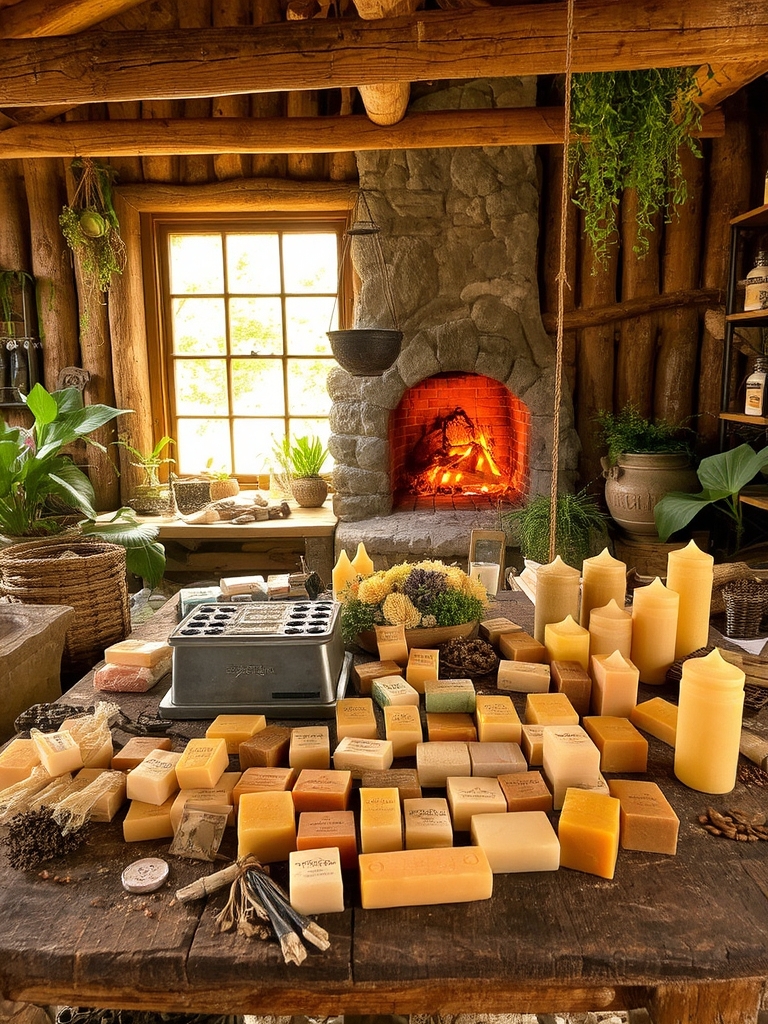
Making your own soap and candles is a rewarding self-sufficient living skill. It involves using natural ingredients like oils and waxes to create handmade products for personal use or gift-giving. This skill allows individuals to customize scents, textures, and designs, promoting sustainability and creativity in daily life. Basic equipment and simple techniques are required.
Harvesting And Storing Firewood
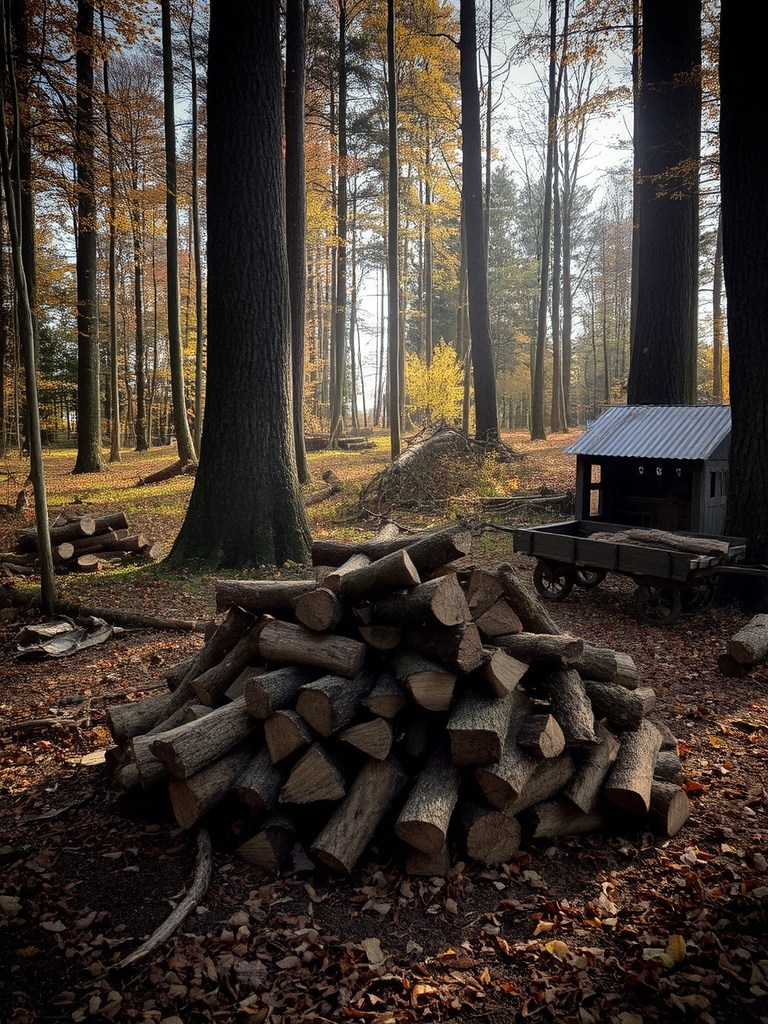
Harvesting and storing firewood requires proper planning and technique. Seasoned wood is essential for efficient burning, so it’s vital to harvest and store wood correctly. This involves cutting, splitting, and drying the wood to achieve ideal moisture levels, then storing it in a dry, protected area to maintain its quality and burnability.
Learning Basic Repair And Maintenance Skills
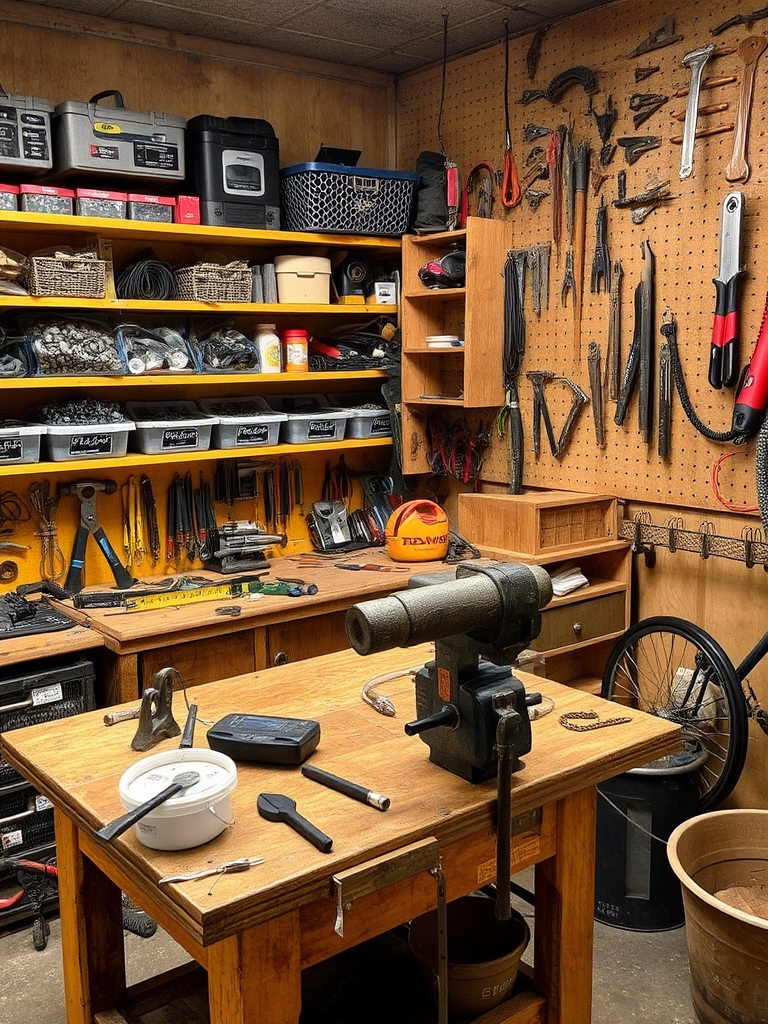
Learning basic repair and maintenance skills is essential for self-sufficient living. It enables individuals to fix and maintain their homes, appliances, and equipment, reducing reliance on external services and saving resources. Basic skills include plumbing, electrical work, and carpentry, allowing individuals to handle everyday tasks and emergencies independently.
Conclusion
You’re now equipped to set out on a journey to self-sufficiency, with skills that’ll be your compass, guiding you through the wilderness of modern life. As you cultivate your own food and harness renewable energy, you’ll be the master of your domain, shining like a beacon of sustainability in a world of dependency.
